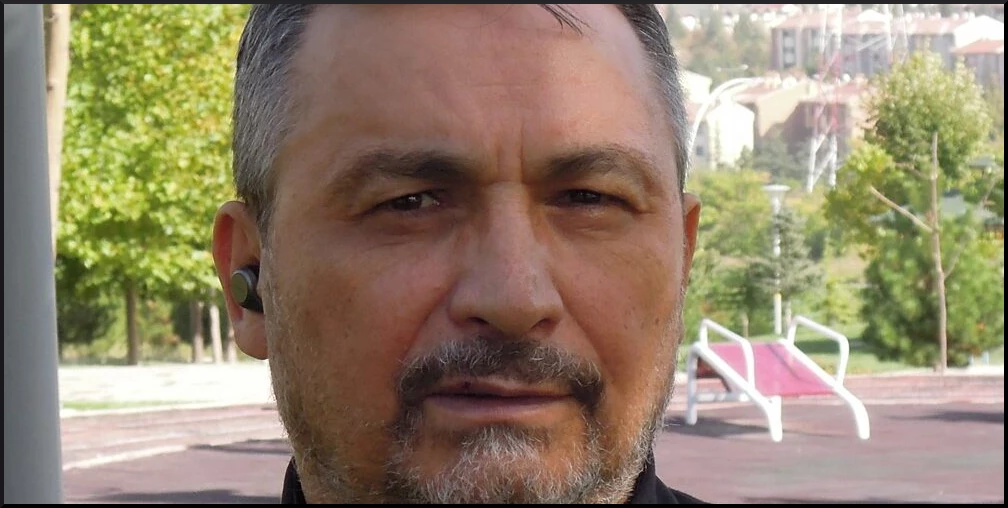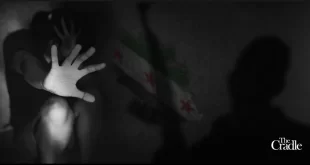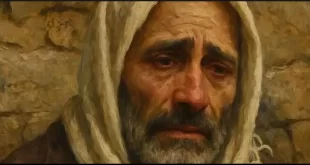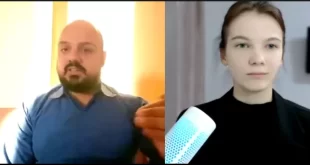by Steven Sahiounie interviews Aydin Sezer, published on Mideast Discourse, May 10, 2023
A snapshot of thinking on the Turkish election. The first round took place but was more or less a tie leading to a runoff. Seems like it will be very difficult for Kilicdaroglu to keep his promises if he wants to retain the support of his U.S. backers. [jb]
Western media have described Sunday’s presidential election in Turkey and the most important vote in the world in 2023.
Turkish President Recep Tayyip Erdogan was first elected Prime Minister in May 2003, and since then he has also been elected President.
The election on May 14 is between the incumbent Erdogan and Kemal Kilicdaroglu, who promises to improve Turkey’s relationship with the US.
Elections are most often won on domestic issues, and Turkey is in an economic crisis, with hyper-inflation and a devalued currency, making the cost of living higher than voters can recall.
Turkey sits at the crossroads of Europe and the Middle East, and who rules from Ankara will have ramifications felt in the West and the East.
Steven Sahiounie of MidEastDiscource interviewed Aydin Sezer, political scientist, foreign policy analyst, former diplomat, and economic advisor at the Turkish Embassies in Cairo and Moscow to get the backstory of this election and what it might mean for domestic voters, and regional players.
#1. Steven Sahiounie (SS): Turkish President Erdogan released a video which has been called “manipulated” by experts, but tries to portray the opposition candidate aligned with the outlawed PKK terrorist group. In your opinion, will that video have an effect on the vote in the election?
Aydin Sezer (AS): No. It won’t. By now the electorate has consolidated on the PKK. HDP (Green Left Party) has already announced its support for Kılıçdaroğlu. Also, voters are reacting to AKP’s coalition with HUDA-PAR, an organization as dangerous as PKK. For this reason, Erdoğan does not allow HUDA-PAR officials to speak at election rallies.
#2. SS: The opposition candidate Kemal Kilicdaroglu is said to be a secularist, while Erdogan has been said to be associated with the Muslim Brotherhood. In your opinion, will this play a factor in the vote? Is this vote between Radical Islam, the political ideology, and secular values established by Ataturk?
AS: Yes, it is. Definitely. But this is not a new outcome. The Turkish people have been fighting this struggle for years and this is the first time that there is a possibility to put an end to the Erdogan regime.
#3. SS: Erdogan has said he wants to reconcile his relationship with Syria, as has been done recently by Saudi Arabia and the Arab League. This is a very big shift in his foreign policy. Kilicdaroglu also plans to do the same if he wins. However, Kilicdaroglu says he would strengthen his ties with the US, and the US has condemned any reconciliation with Syria. From your perspective, do Turkish voters want to reconcile with Syria?
AS: The main reason for the U-turn in Turkish foreign policy is the economic crisis in Turkey. Also, during the election process, Erdogan has been talking to the public about the possibility of sending Syrian refugees back. In doing so, of course, it is necessary to make peace with Assad. However, Assad left this process until after the elections.
The US is not interested in Turkey making peace with Assad. It is even against this process. This is understandable, because a peace process would end the US presence in the region. This will be Kılıçdaroğlu’s first foreign policy challenge. However, Kılıçdaroğlu has a firm promise to the people. Syrian refugees will return home within two years. Therefore, a compromise with the US will have to be reached.
Almost the entire population, including AKP voters, wants peace with Syria. Almost everyone now recognizes that intervening in the Syrian civil war was a big mistake.
#4. SS: Turkey has military outposts in Idlib, Syria. The terrorist group Hayat Tahrir al-Sham under Julani is in control of the area. If Turkey and Syria reconcile their relationship diplomatically, what will Turkey do with those armed terrorists, and their allies which include Al Qaeda and aligned groups?
AS: The Idlib issue is a very complex problem. You know Turkey is there to keep the peace. Turkey was given this task in the Astana process. The main goal was to separate the terrorists from the moderate armed opposition. However, today Turkey has become a supporter of terrorism.
In the peace process, Al-Qaeda affiliated groups are expected to take a tough stance against Turkey. Unfortunately, Turkey will have to face this somehow. Peace will also come at a price. To be frank, I don’t think either Erdogan or Kilicdaroglu know what to do about it.
#5. SS: During the Erdogan administration, 3.6 million Syrian refugees were allowed into Turkey. Kilicdaroglu has pledged to send them back home. In your opinion, what do the Turkish voters want in regards to the Syrian refugees, and how big of a factor will this play in the vote?
AS: It has been and will be a very big factor. Because Turkey does not have the economic capacity to accommodate so many refugees. The use of Syrian refugees as cheap labor has not only increased unemployment among Turks, it has also done a lot of damage to the trade union struggle in Turkey. People want not only Syrians, but also Afghan migrants to return. The issue of migrants is also related to religion. Erdoğan is also fueling his dreams of Islamic unity through Muslim migrants. Clearly Erdogan has pursued policies that favor a Muslim refugee over a secular Turkish citizen.
Steven Sahiounie is a two-time winner of the journalist. Aydin Sezer is a Turkish commentator and expert on the oil and gas trade and Turkish relations with Russia.
 Syria Support Movement solidarity with the Syrian people
Syria Support Movement solidarity with the Syrian people





